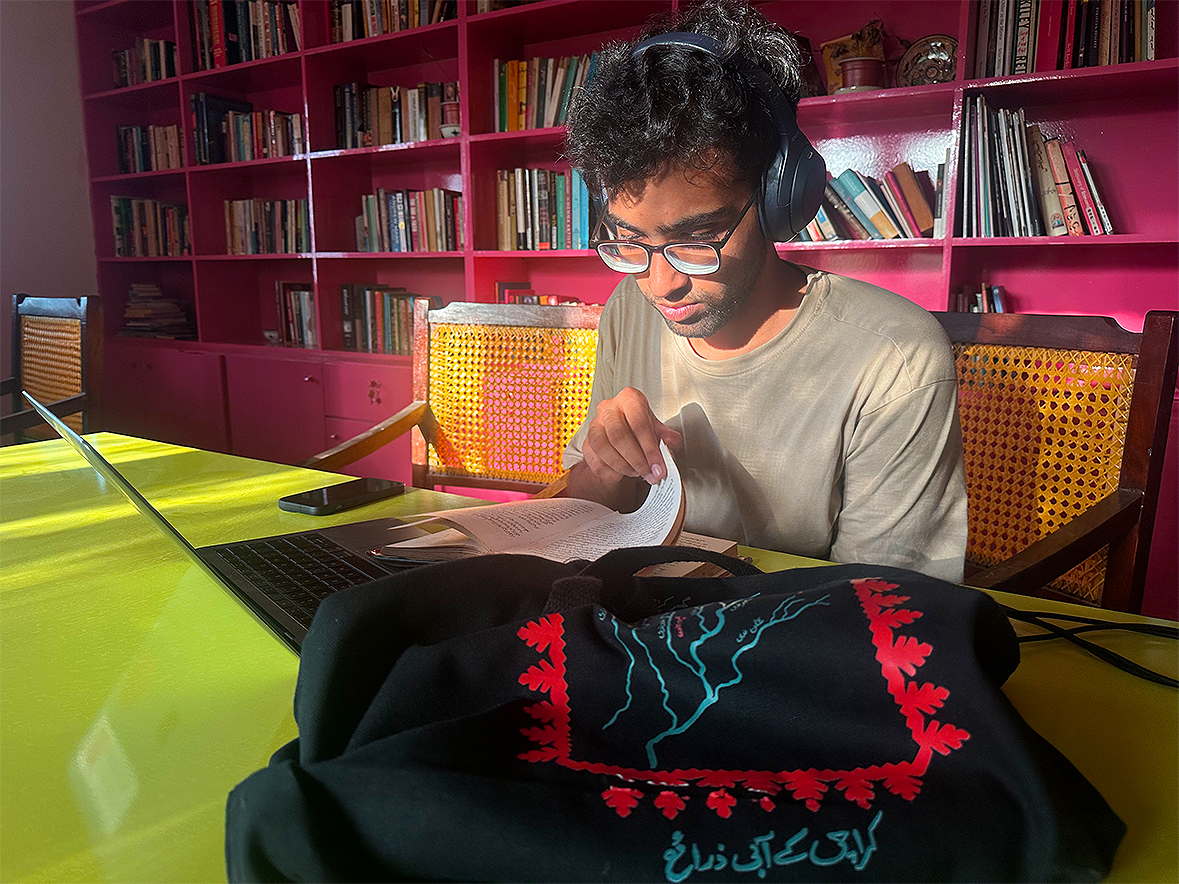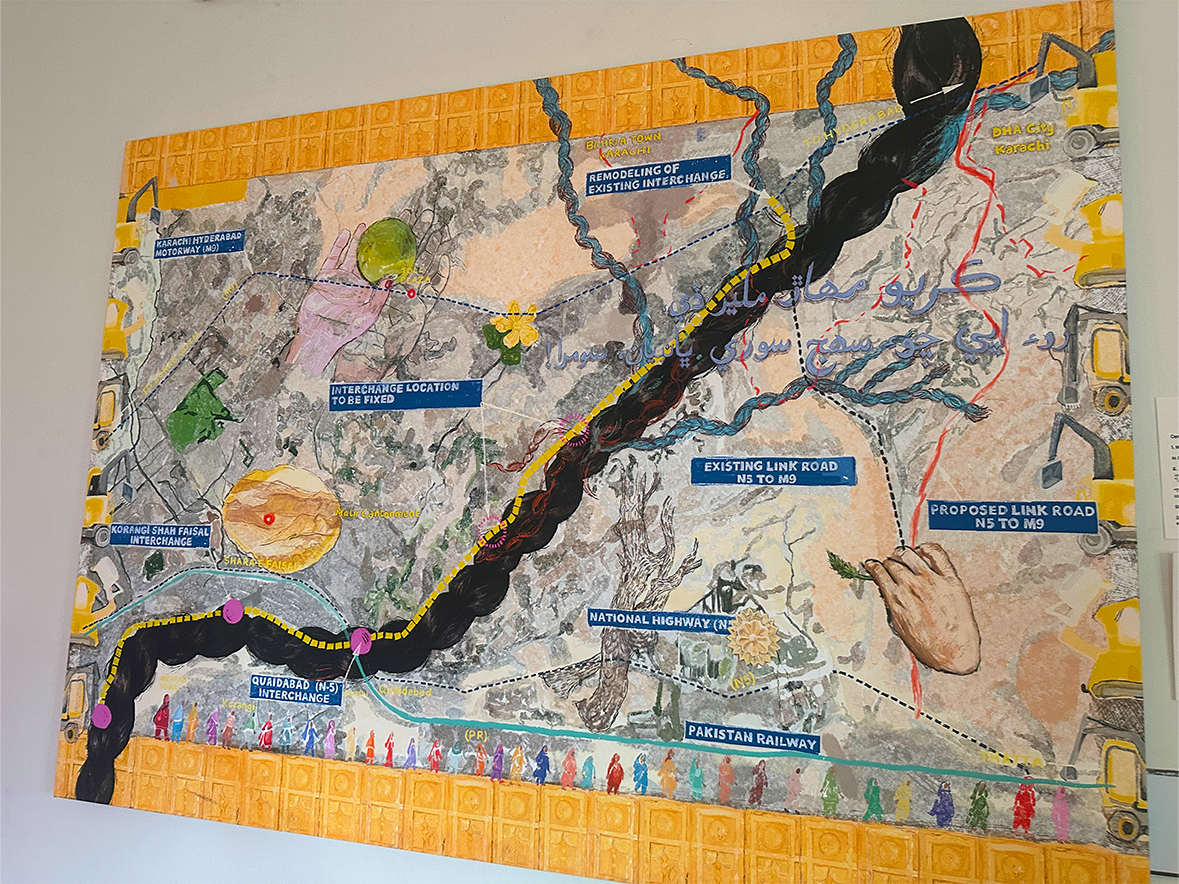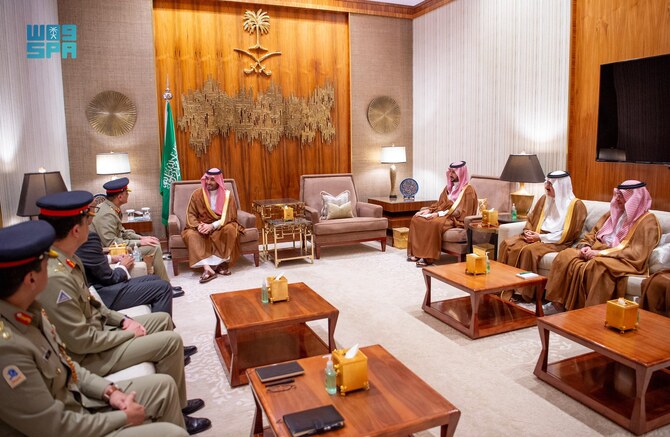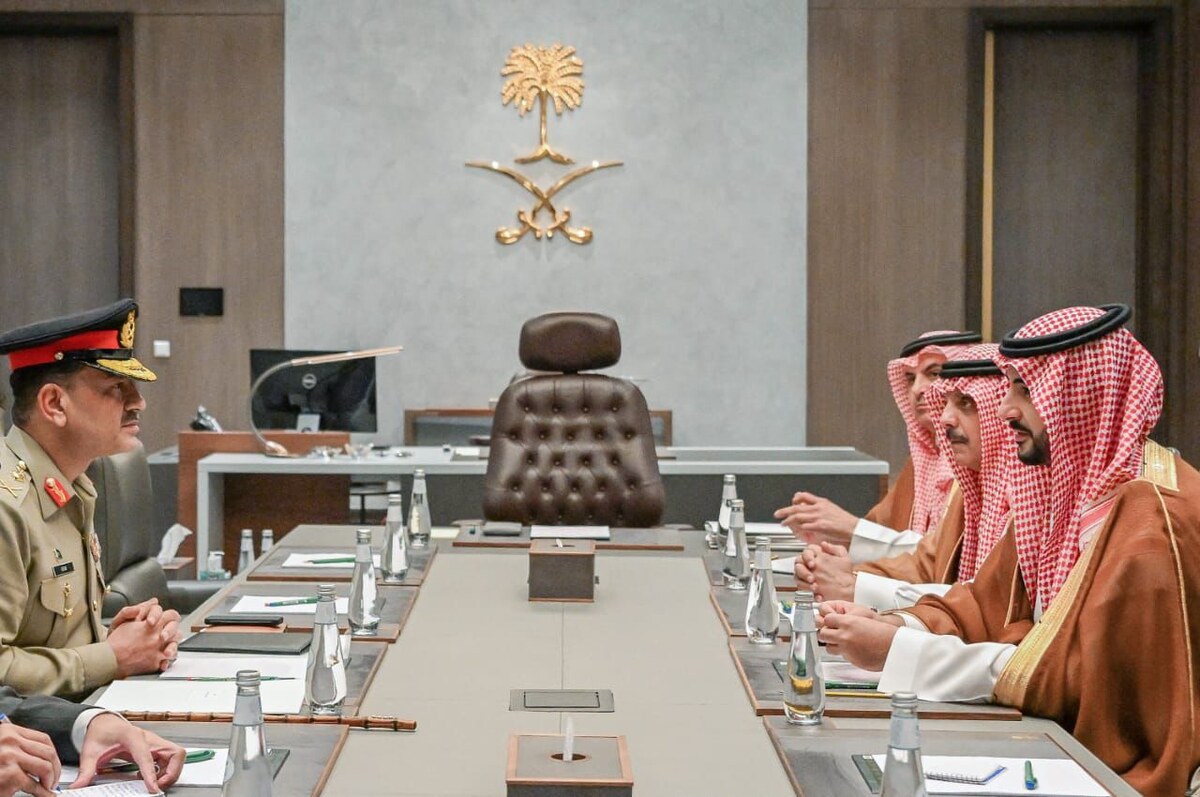KARACHI: A prominent Pakistani economist, who last week resigned from the government’s high-powered austerity committee, on Monday said he stepped down because of the government’s lack of commitment to reducing its expenditures, lamenting that the cash-strapped country had been “going around in circles.”
Since avoiding a default last year, Pakistan, faced with low forex reserves, currency devaluation and high inflation, has been making desperate attempts to boost trade and investment to revive its $350 economy, and reached a staff-level agreement with the International Monetary Fund (IMF) in July for a new $7 billion loan to keep the dwindling economy afloat.
The South Asian country formed an austerity committee in Feb. this year to reduce expenditures and implement institutional rightsizing reforms and included Dr. Kaiser Bengali, who has a master’s degree in economics from Boston University, the United States, and a PhD degree in economics from the University of Karachi, in the panel in March.
But the economist resigned from the committee on Aug. 29 and said in his resignation letter, seen by Arab News, that the government “lacks the commitment to reducing expenditures.” On Sunday, the Pakistani finance ministry responded to Dr. Bengali’s observations on recommendations of the austerity committee, saying they reflected a “lack of communication.”
“I joined this committee because I thought the government had an interest in controlling the budget deficit,” Dr. Bengali told Arab News. “I realized that we are just going around in circles and no serious decision is about to be made so that is why I resigned.”
He dismissed the finance ministry’s response to his observations and maintained that the first step to resolve the country’s economic woes was to control the budget deficit, criticizing the government for failing to take “significant steps” to shut down inefficient government departments and to reduce expenditures.
“They evaluated 53 organizations and decided to close only one,” the economist said. “There is no misunderstanding. It’s just that out of 53, half of them should be shut down but they [government] insist on maintaining them so there will be no reduction in expenditure, which means no reduction in budget deficit, which means continued reliance on loans. Economy cannot run like that.”
Dr. Bengali also questioned the functioning of those departments that had been delegated to the federating units, or the provinces.
“It was said that those subjects, the ministries will be closed down. They have not closed it,” he said. “When a subject is not a federal subject, why have the ministry in the federation?”
To a question, he said Pakistan was not being placed on agenda of a recent IMF executive board meeting for the approval of the $7 billion fresh loan because of the country’s budget and trade deficits, both of which had different solutions.
The government formed austerity committees in the past which had presented similar recommendations, but they were never implemented, according to the economist.
“The committee submit reports and the reports are then put on the shelves and forgotten,” he said. “This process must not be allowed to die. This process must not go on to a shelf, we must have actual reduction of expenditure.”
He said he feared the existing committee would meet the same fate, which was why he did not want to be a part of it and resigned.
In his detailed report to the committee, Bengali said, he had recommended abolishing 17 divisions and nearly 50 government entities that “would have reduced a substantial number of BPS 20-22 positions and effected annual savings of over Rs30 billion in non-salary costs.”
“The economy was in a state of collapse and has been surviving on a debt-ventilator,” he said, noting that even the IMF and friendly countries were now reluctant to extend any further loans to Pakistan and the privatization process had stalled as no one was bidding for state-owned enterprises.
“Moreover, a number of foreign investors are leaving the country — a process of reverse Foreign Direct Investment (FDI),” he said.
“The economy in a state of collapse and has been surviving on a debt ventilator. However, even IMF as well as friendly countries were reluctant to extend any further loans and the privatization process has stalled as no one was bidding for state-owned enterprises,” he continued, adding a number of foreign investors were leaving the country -a process of reverse FDI.
He criticized the highly aggressive tax mobilization efforts using “methods bordering on extortion” and said the economy was structurally weak and could not generate inure revenues. The economist said the answer to addressing the large budget deficit lied in reducing the government’s expenditures, including non-combat defense spending.
While dismissing Dr. Bengali’s observations on Sunday, the finance ministry said the country was rightsizing all government positions from basic pay scale 1 to 22 in a bid to reduce official expenditures.
“The Rightsizing Committee has so far examined six Ministries in the first phase,” the finance ministry said. “One of these Ministries has been approved to be abolished, while two others are being merged, which means that at least two BS-22 and several positions in BS-17 to 21 will be abolished, rendering surplus an equivalent number of officers in same grades.”
It said the government was also working on an “obligatory severance package” in conjunction with requisite amendments in the Civil Servants Act, 1973 to make the package applicable to officials without any favor or preference.
“The rightsizing committee is reviewing ministries, attached departments, autonomous bodies, and state-owned enterprises against the clear criteria assigned to it, objectively and across the board,” the finance ministry added.



























